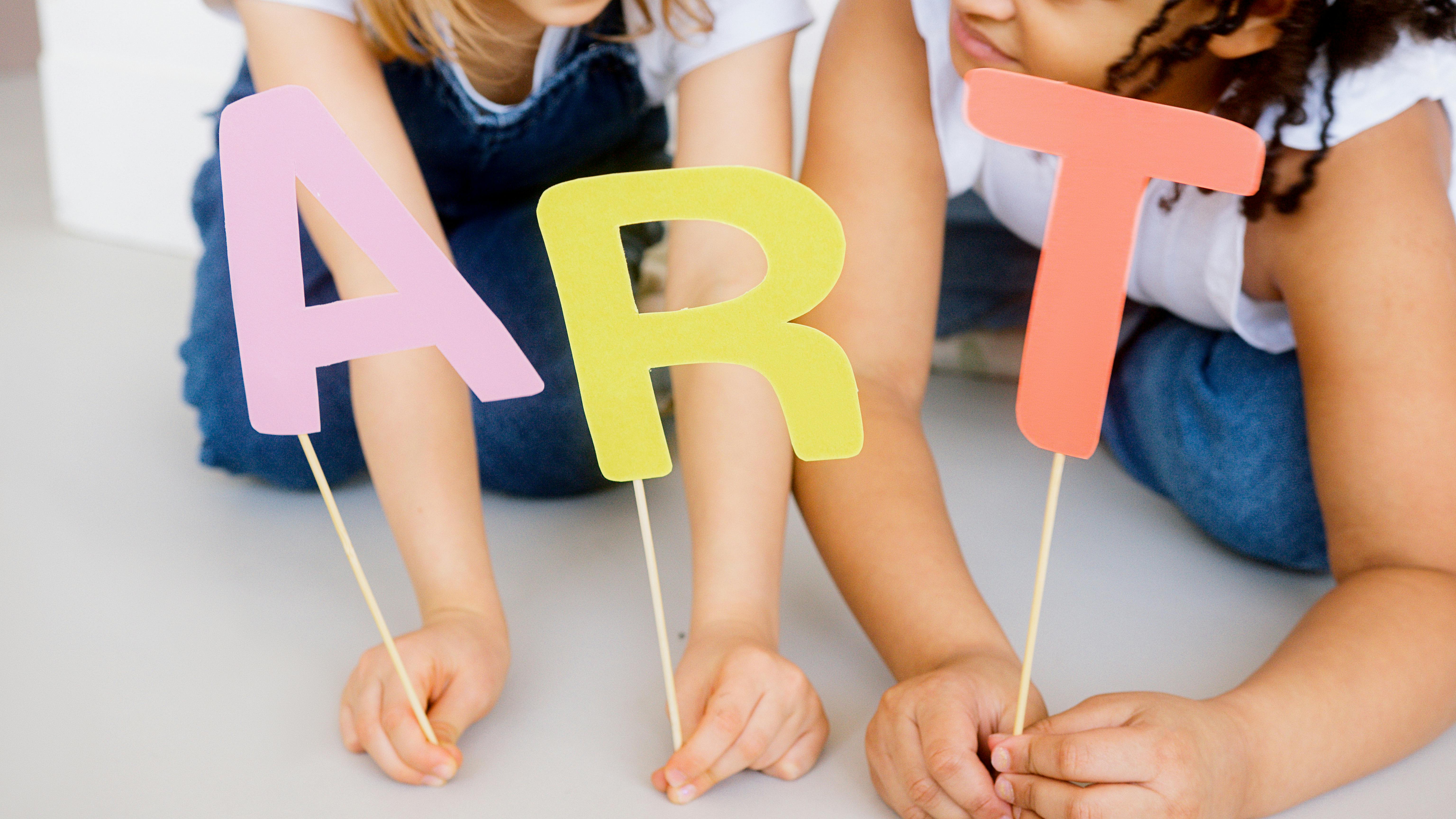How to Properly Donate Eggs: Essential Guide for 2025

How to Properly Donate Eggs: Essential Guide for 2025
Donating eggs is an important act that can help families achieve their dreams of parenthood. The egg donation process is not just beneficial for intended parents but can also be a fulfilling experience for donors themselves. In this essential guide, we will cover everything you need to know about how to donate eggs, including the egg donation requirements, clinics, benefits, and legal aspects involved. Equipped with the right information, you can comfortably navigate the journey from considering donation to actual procedures, ensuring you make informed choices along the way.
By understanding the egg donation timeline, eligibility criteria, and support options available, you can make a significant impact in this rewarding process. We'll also delve into the psychological aspects, explore various donation options, and highlight the importance of taking care of your reproductive health. Whether you aim to become an egg donor or are considering it for someone else, this comprehensive guide will provide you with essential insights and advice.
Key Takeaways: You will learn about the steps to donate eggs, emotional considerations, potential compensation, and how thinking ahead concerning egg donation can benefit future parents.
Understanding the Egg Donation Process
Begin by grasping the basics of the egg donation process to simplify your decision-making journey. Egg donation typically involves several steps, starting with research about clinics and programs. The first phase is understanding the eligibility criteria for becoming an egg donor. Key aspects include age limits, physical health, and family medical history. Most clinics prefer donors between 18 to 34 years of age, as this range is optimal for egg quality.
After setting eligibility standards, prospective donors need to engage with a suitable egg donation clinic. A medical evaluation for egg donors will follow, assessing overall health and ensuring readiness for the process ahead. This includes screening tests for sexually transmitted infections and genetic disorders. Understanding these requirements will help you find fertility clinics near you that meet your needs.
Once you successfully navigate through the medical evaluations and that the egg donation clinic conducts approved egg donor screening, the timeline for egg retrieval can be established. This includes medication instructions for hormone stimulation, which prepares your ovaries for egg retrieval. It’s essential to recognize that educating yourself on egg donor selection criteria helps streamline this process, sustaining both your health and that of the eggs you’ll be donating.
Confidently moving through this process sets the stage for a successful donation experience. This naturally leads us to consider what impacts eligibility and success.
Key Elements of Egg Donation Requirements
Several key requirements must be considered when approaching egg donation. Among these, age, health screenings, and lifestyle choices play pivotal roles. Most fertility clinics stipulate that donors should be within the age range of 18-34. This ensures higher success rates in fertility treatments utilizing donor eggs.
Health screenings are paramount; prospective donors generally undergo psychological evaluations to assess emotional readiness. Depending on the clinic, a background check may also be conducted to evaluate donor history, highlighting aspects such as hereditary conditions.
Furthermore, maintaining a healthy lifestyle contributes positively to being a qualified egg donor. Clinics often look for individuals who do not smoke, are free from drug use, and have an overall active lifestyle. This leads to better egg quality, which translates to increased potential success rates in fertility treatments.
Fertility Clinics and Programs
Fertility clinics offer varying programs for egg donors, which can affect your experience. Researching the options available is crucial when evaluating the donation journey. Some clinics operate locally, while others might be part of a nationwide or international egg donation network, potentially providing more comprehensive resources for donors.
Explore local options by searching for “fertility clinics near me,” which will provide a tailored list of establishments. When choosing a clinic, consider their reputation, success rates with donor eggs, and reviews regarding donor experiences. Understanding how these practices function will aid you in making an informed decision about the clinic that aligns with your expectations.
Examining donor egg programs also involves awareness of the various donor compensation options. Compensation is often contingent upon the complexity of the donation, precautions, and the access to any additional benefits or medical coverages offered by clinics. Be sure to ascertain all these details to find a clinic that meets both your personal and professional criteria.

Exploring Egg Donation Benefits
The incentives for donating eggs extend beyond financial compensation, touching upon emotional, psychological, and personal growth aspects. Becoming an egg donor can bring immense joy, knowing you are aiding someone in their quest to experience parenthood. Understanding egg donation helps clarify these benefits and the profound role you play in shaping families' futures.
Financially, egg donation compensation can vary typifying the second aspect of benefits. Many clinics offer competitive payments, recognizing the health commitment and personal time you invest. Just as importantly, prospective donors must consider how they can use the compensation. Some donors might allocate their earnings towards education, while others could save for major life milestones.
The emotional aspects of egg donation call for reflection on your motivations for donating. Many donors report feelings of empowerment and satisfaction stemming from their contributions. When engaging with support groups or mentorship programs for egg donors, these shared experiences cultivate a sense of community. You can gain insight into personal growth while fostering relationships with other donors, which amplifies the joint journey of the egg donation experience. This naturally leads us to consider the legal aspects involved in the egg donation process.
Legal Aspects of Egg Donation
Understanding the legal implications of egg donation is essential for both donors and recipients. Engaging with an established clinic ensures that legal agreements are clear and comprehensive. Commonly, contracts stipulate issues like donor rights, compensation, and confidentiality agreements. It is advisable to thoroughly read and understand the donor contracts before signing.
Additionally, the laws surrounding egg donation can differ by state. This includes regulations such as the rights of the donors concerning future contact with recipients, the non-commercialization of egg donation, and how the clinic manages donor records. Awareness of these legal considerations empowers you to make informed decisions regarding your participation in the egg donation process.
Some donors may also have questions about their rights should a legal dispute arise, especially concerning health issues or potential future contact with families using donor eggs. By consulting legal professionals knowledgeable in reproductive laws, you can navigate these complexities and build trust during the entire donation process.
Managing Expectations During Egg Donation
Navigating expectations is fundamental when considering egg donation. Understanding your motivations helps establish clear expectations for both emotional and procedural aspects. This involves acknowledging the possible emotional intricacies tied to donation, which may include feelings of attachment or concern about future relationships with children conceived from donations.
Additionally, it is beneficial to prepare for the physical impact of donating eggs, as the egg retrieval procedure can carry medical risks. Consultations with healthcare providers about the hormonal medications needed for stimulation and their side effects can help manage expectations accordingly. This forms part of the medical evaluation for egg donors.
Moreover, building a network of support groups for egg donors can provide valuable perspectives. These resources often allow donors to share experiences and discuss the challenges and rewards they face, helping underscore the importance of emotional support for donors. Understanding the emotional landscape associated with egg donation can foster personal insight, thereby enriching the entire experience.

Choosing an Egg Donor: Insights and Options
For intended parents and donors alike, choosing the right option regarding egg donation is crucial. This decision directly impacts the emotional and physical journey of both parties. For those considering donor eggs, it’s important to comprehend the various factors to weigh when selecting an egg donor.
When evaluating egg donor profiles, characteristics such as physical features, personal interests, and genetics become essential. Recipients often look for compatibility and commonalities with their donors to establish emotional ties to their future family. Potential donors should also consider how they wish to present themselves to intended parents, as transparency about lifestyle can build trust.
In addition, the egg donor matching process plays a significant role. Egg donation programs typically provide matching services that ensure compatibility between donors and recipients. This includes discussing the expectations of both parties and understanding each other's needs to create harmony during the egg donation process.
Egg Donation Experiences: Personal Stories
Sharing personal experiences is an invaluable part of understanding the egg donation journey. Many donors describe their experiences as life-altering, emphasizing the joy of helping families grow. These testimonials often reveal valuable insights into the emotional journey of donation, helping other potential donors navigate their own expectations and feelings.
Through community support for egg donors, individuals can learn from the varying journeys of others. Engaging with this community enables donors to build connections, gain insights, and receive emotional support, emphasizing that they are not alone in this experience. Stories often include the highlights of the journey, potential struggles, and reflections on how they felt throughout the process.
Such narratives can also explore specific emotional elements, such as the significance of their contributions to families and the feelings associated with the egg retrieval procedure. Acknowledging these varied facets shows that egg donation is more than a clinical process; it is a shared humanity built on emotional connections.
Creating a Support Network for Egg Donors
Building a support network is vital for both first-time donors and experienced ones. This network can involve friends, families, healthcare professionals, and community members investing time and effort into understanding the egg donation landscape. Establishing community perceptions of egg donation can provide benefactors and donors with insight and learning opportunities.
It is imperative to recognize the emotional support for donors as they embark on this journey. Encouraging individuals to share feelings openly can address any concerns that may arise during the donation timeline. Establishing friendships with peers who share similar experiences can also foster deep emotional connections and understanding.
Furthermore, resources like donor registry services and professional counseling can bolster the support network available. These resources help donors before and after the donation process to ensure they have someone to reach out to in times of need, emotional uncertainty, or challenges faced throughout the whole timeframe.
Egg Donation FAQs: Your Questions Answered
1. What are the main requirements to become an egg donor?
To become an egg donor, candidates typically must be between 18 and 34 years old, have good reproductive health, and undergo various screenings.
2. How much compensation can egg donors expect?
Compensation can vary widely depending on the clinic but may range from $5,000 to $10,000 or more.
3. What is the egg donation timeline?
The egg donation timeline can vary by clinic but typically includes initial consultations, medical evaluations, ovarian stimulation, and the egg retrieval procedure.
4. What emotional support is available for egg donors?
Egg donors can access a range of support resources, including professional counseling and peer groups to share experiences.
5. What legal rights do egg donors have?
Legal rights can differ by state and should be addressed in donor agreements, including issues of anonymity and contact with children born from donated eggs.
Understanding these facets of egg donation is crucial as you embark on this journey. The emotional, medical, and legal considerations are all interconnected, shaping your experience and contributing to the lives of those you help.